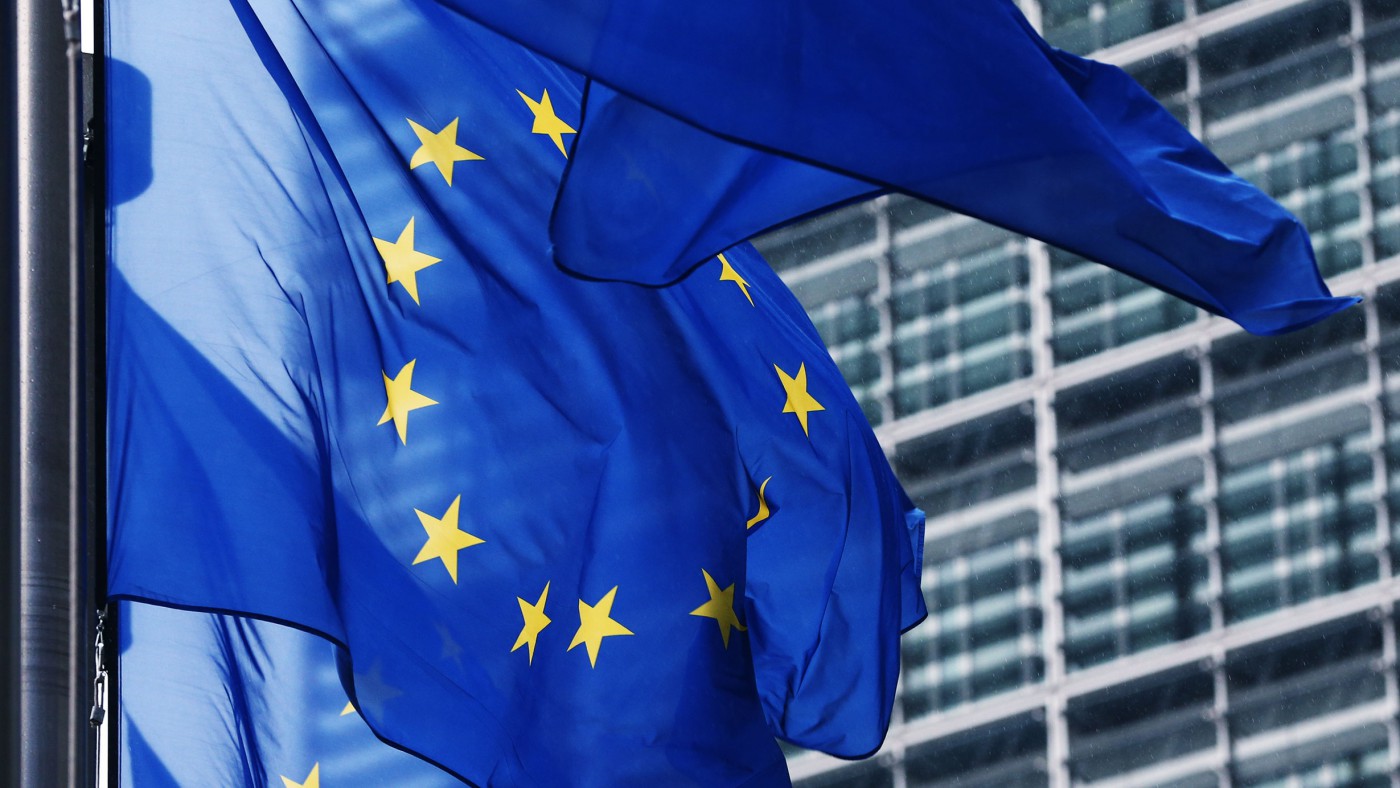The cat is out the bag! Despite recent scaremongering from Gordon Brown, Nick Clegg and vested interests supporting an ever closer union, a strong consensus is developing that – so long as we choose the right trade policies – the UK has nothing to fear from leaving the European Union.
Indeed there is a great deal of evidence to suggest we could become more prosperous and successful if we chose Brexit.
Groups such as Business for Britain have said that an unreformed EU will hold back the UK from greater economic growth and prosperity; just last week Europhile campaign group Open Europe admitted that so long as we had the right policies Britain would be successful – and last year in a seminal piece of detailed research the Mayor of London Chief Economic Advisor, Dr Gerard Lyons, reported that with a pro-business approach the UK could have better economic outcomes than from remaining in an unreformed EU.
As this new economic and business consensus develops in favour of the UK leaving the EU it begs the question – just what type of trade and economic policies should the UK follow?
What are our options if the UK were we to leave the straightjacket of the world’s sole remaining customs union with all its concomitant tariff barriers, regulations and barriers to trade that suits the big corporates by stifling competition?
Business campaign group Global Britain has asked that question and, having weighed-up all the possible options, today publishes its recommended model for the UK on leaving the EU.
There are really only four scenarios that the UK could seriously consider adopting – but all four are preferable to remaining in the European Union.
Taking them in growing order of advantage to the UK, The Norwegian Option would mean that we would leave the EU but seek to remain a member of the European Economic Area (EEA). This would mean we would still be in the EU’s so-called ‘Single Market’ but outside the common bureaucracy covering agriculture, fisheries, justice, trade, foreign affairs and monetary union. As a result we would pay only a tiny fraction of the £14.8bn net membership costs of the EU.
The main problem here is theoretically it would be simple to resign our EU membership but retain EEA membership – but legal opinion varies as to whether on resigning EU membership remaining in the EEA would be automatic, or part of a negotiating process. Just like Alex Salmond was told an indy-Scotland would not be able to use the Pound Sterling, EU leaders would claim we could not be in the EEA without negotiating their agreement.
The Swiss Option is more ambitious and would mean that we would leave the EU and EEA but rejoin the European Free Trade Area (EFTA), like Switzerland.
This would mean we would have all the advantages of the Norwegian Option (we would have access to the EEA) but enjoy even greater independence. Through bi-lateral arrangements we could participate in such EU programmes as ERASMUS for higher education and have access to the Single Market – but without the huge cost. Again the problem is that the EU leadership would undoubtedly attempt to say this arrangement is not on offer without their agreement.
The Canadian Option would mean that instead of being in the EU, or remaining in the EEA or rejoining the EFTA, the UK would use the statutory two-year negotiating period provided by the Lisbon Treaty to negotiate a Free Trade Agreement. This scenario delivers UK independence but remains open to denial by the EU leadership about what the terms might be and how long it might take.
This brings us to the optimal scenario, the Global Britain Free Trade Option. Instead of relying on the goodwill of others the UK should seek to become a leader of international free trade by adopting zero tariffs on all imports and operating under World Trade Organisation rules.
By regaining our seat on the WTO that we gave up in 1973 when we joined the EEC, so we will have more say in global trade talks. We will also be able to have a direct seat on numerous other important international trade bodies that operate above the EU.
Sovereign control and accountability will return to Westminster. Currently over 64% of laws and regulations are forced on the UK economy by the EU. Under our Free Trade option, the City can grow as the global centre of financial excellence, sensibly regulated and lightly taxed, without having damaging EU costs and regulations forced upon it by envious continental politicians.
Global Britain supports immigration but by regaining control of our own borders, we can determine the right numbers and skills required to help grow our economy, plan for this growth and draw people from all over the world at our choice. Our relationship with the EU would be the same as that enjoyed by Australia, the US or Japan – with no formal trade agreement – and without that multi billion annual membership fee either!
In addition we would have all the advantages that being the world’s leading soft power brings – through our commitment to the rule of law, our creative culture, our use of English, our strength in education, our diplomatic reach and our role as a leader in the Commonwealth of nations.
While every choice is preferable to EU membership the Global Free Trade Option would leave political union behind and return us to our historical mission of trading with the world – where we belong.


